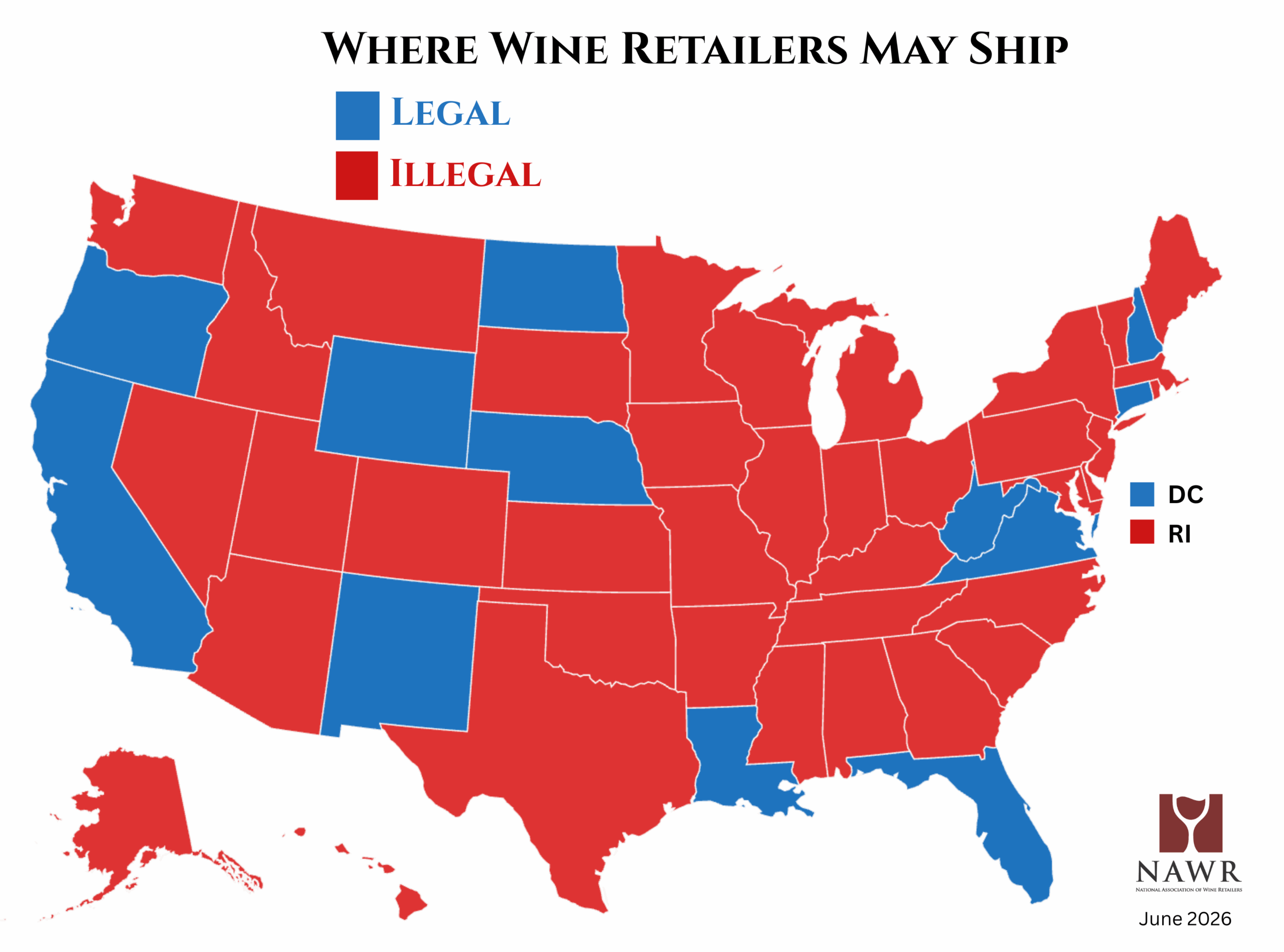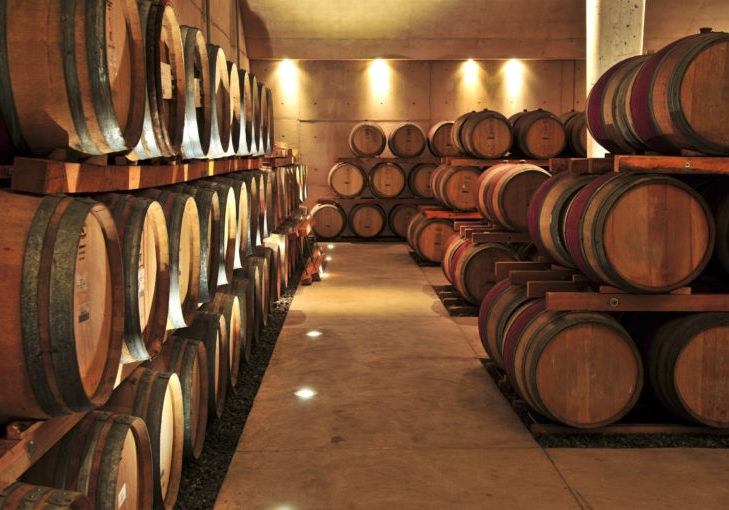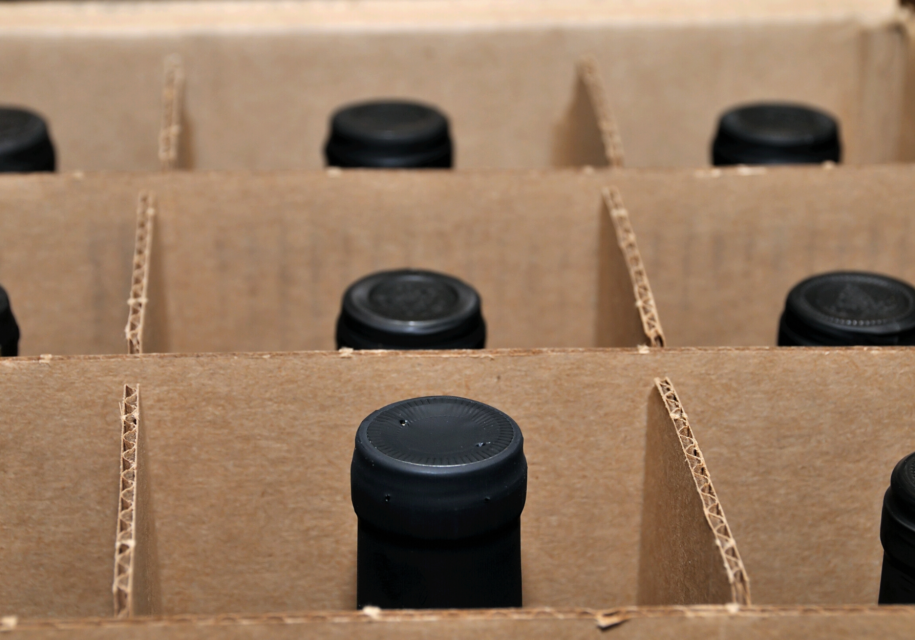WINE SHIPPING AND POLITICS
The impact on consumers of state laws banning the shipment of wine from out-of-state wine retailers and stores is significant. Most important is that such bans severely limit access to thousands of wines.
WHERE ARE RETAILER TO CONSUMER WINE SHIPMENTS BANNED?
Only 13 states explicitly allow shipments from out-of-state wine retailers and stores. This is despite the fact that more than 40 states allow shipments from out-of-state wineries and producers. The map below identifies those states where consumers may not legally obtain shipments from out-of-state wine stores.

WHY DO MOST STATES BAN RETAILER-TO-CONSUMER WINE SHIPMENTS?
It is always a matter of protectionism.
Although wine shipping bills are frequently introduced into state legislatures that allow out-of-state wineries and retailers to ship, wholesalers and local retailer organizations insist out-of-state retailer shipping be stripped from the bill.
Because there is no in-state stakeholder with political power that supports out-of-state shipments (such as in-state wineries supporting free trade in wine), lawmakers almost always cave-in to the wholesaler and in-state retailer demands that they are protected from competition.



WHAT IS THE IMPACT OF BANNING OUT OF STATE WINE SHIPMENTS?
1. Because only retailers (not producers) may sell imported wines in the U.S., consumers may not have any imported wines shipped to them.
2. Retailers are the most reliable source of rare and collectible domestic wines, meaning consumers will not have access to the best selection of such wines.
3. Wine auction houses are considered retailers, so these sources of rare and hard to fine wines are inaccessible to anyone not present.
4. Most wine-of-the-month clubs are retailers, rendering these services are inaccessible.
5. States forgo millions in tax revenue by not licensing out-of-state wine retailers.
